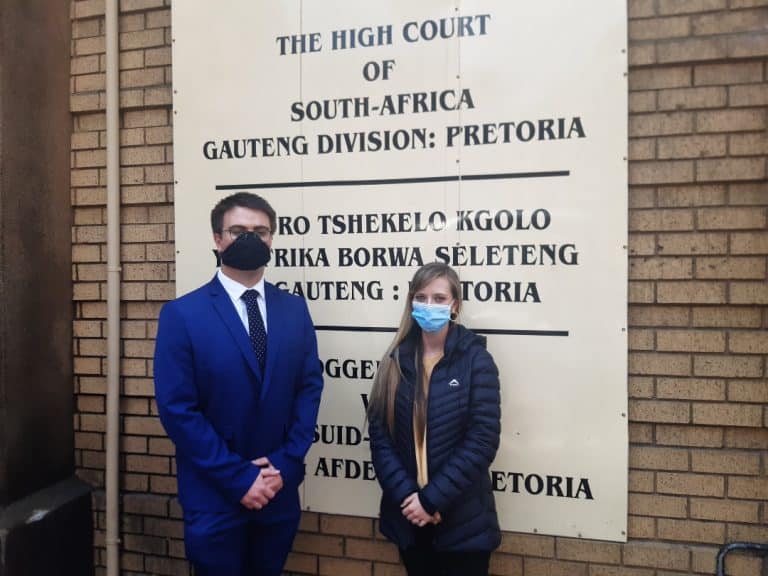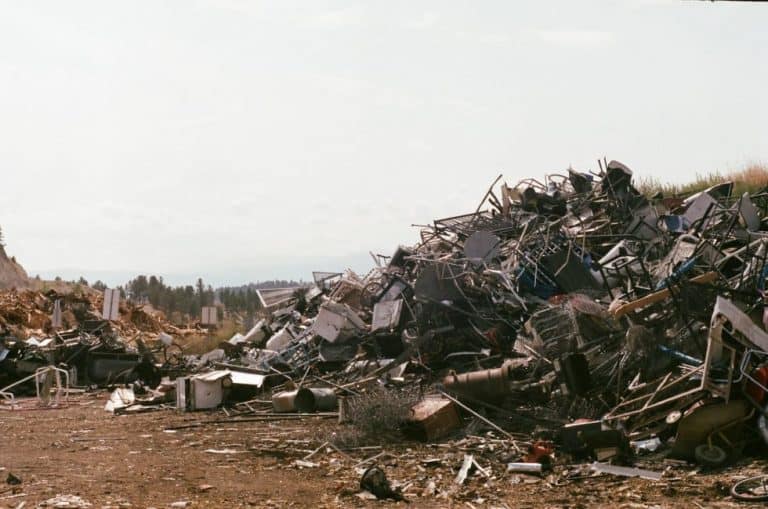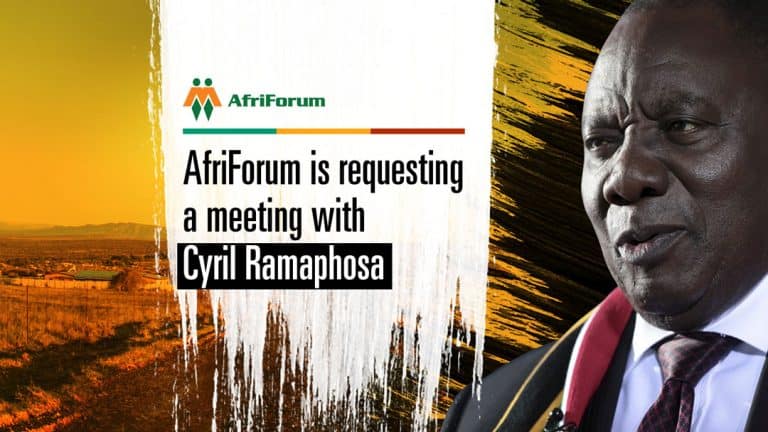New water utility plan can only shift problems, warns AfriForum
The government’s plan to restructure local government by reserving budgets in independent licensed water utilities in major metros could, according to AfriForum, amount to a new jacket with the same problems. The civil rights organisation argues that while the model on which the proposal is based may work on paper, the failures to which residents in municipalities have become accustomed are already being perpetuated in so-called independent utilities such as Johannesburg Water and that increased privatisation should be pursued instead.
According to AfriForum, the plan acknowledges municipalities’ catastrophic failures in water services but warns that the plan will not necessarily provide water security and will merely shift financial and operational control without ensuring accountability.
“Recovering the country’s water crisis requires the enforcement of financial discipline, professional and independent management of water services and the active involvement of communities and the private sector in infrastructure development,” explains Lambert de Klerk, Manager for Environmental Affairs at AfriForum.
De Klerk further emphasises that the current water crisis cannot be attributed to the structure of service delivery, but rather follows from the lack of competence, accountability and financial discipline at municipal level. “Currently, municipalities across South Africa are responsible for water service delivery, yet approximately 50% of water is lost due to leakages and mismanagement. Municipalities’ failure to upgrade and maintain infrastructure has already pushed water boards to the brink of financial collapse with municipal debt already exceeding R22,36 billion – therein lies the crux of the problem that urgently needs to be resolved.”
The proposal to reserve water revenues and decentralise management could in theory help prevent the misappropriation of funds. However, AfriForum believes that several issues could hamper its feasibility:
• Who ensures accountability? Simply giving more financial and operational control to municipal water departments does not guarantee better service delivery. If mismanagement and political interference persist, the problem will continue under a different name.
• Will this prevent municipal corruption? Without strict financial oversight, even ring-fenced water revenue could be diverted, just as conditional grants have been misused in the past.
• What about public-private partnerships? The private sector and communities must be involved in water infrastructure projects. Local governments have already shown they cannot manage water resources efficiently on their own.
• Professionalisation is meaningless without enforcement. While the proposal to extend the mandate of the Public Service Commission (PSC) to local government is welcomed, this will only be effective if there are real consequences for appointing unqualified individuals.
“Also, how will this be different to Johannesburg Water. The past few months we’ve seen the shocking state that Johannesburg Water is in. Over the past seven years, Johannesburg Water has increased salaries from R840 million to R1,5 billion, while capital expenditure has risen only from R772 million to R861 million, which makes this proposal worrying,” concludes De Klerk.
AfriForum will continue to push for community-driven solutions to water security and hold government accountable for the failures that have led to this crisis.











